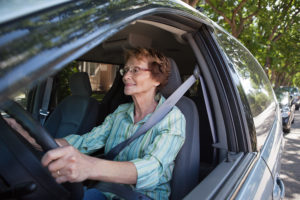
Senior Care in Woolwich Township NJ: Can Your Senior’s Eyesight Take Her out of the Driver’s Seat?
How well or how badly your aging family member is able to see can directly impact her ability to drive. When your biggest concern is keeping her safe behind the wheel, getting a handle on her current and potential future eye health can make a tremendous difference. These ideas can help you sort out when she might need to start sitting in the passenger seat more often.
Schedule Eye Appointments Regularly
Regular eye appointments are important for everyone, but they can be vital for your aging adult. Ideally, she should see her eye doctor at least every other year. If she has existing eye conditions or trouble with her vision, yearly eye exams are probably recommended by her eye doctor. If you or your senior notice any changes to her eyesight, it doesn’t hurt to mention it to the eye doctor.
Changes to Eyesight Can Happen Quickly
Some diseases and eye conditions can change rapidly and without much warning. By staying aware of how your elderly family member’s eyes are changing, you can help her to get treatment quickly. In many cases, prescription eyeglasses can be all that’s needed in order to correct the issue. Specific lenses for driving at night or during particular situations can be very effective.
Keep Track of Prescription Glasses
It never hurts to have a backup pair of glasses in the appropriate prescription. Glasses can break easily or get lost and then your senior can find herself stuck at home and unable to drive. Help your elderly family member to figure out a spot in which she can keep her glasses so that they’re easier to find when she needs them.
Consider Alternatives, Especially During Specific Situations
If your senior has trouble driving during particular situations, such as in the rain or at night, having senior care providers that she can call can help her to continue to be as active as she wants to be. Make sure that your aging family member knows how to access her alternative transportation options, no matter when she needs or wants to go somewhere.
Staying on top of your senior’s eyesight is essential for you to help her make the right decisions about driving.
For Southern NJ and the surrounding areas, call and talk to us at Home to Stay Healthcare Solutions (856) 321-1500.












